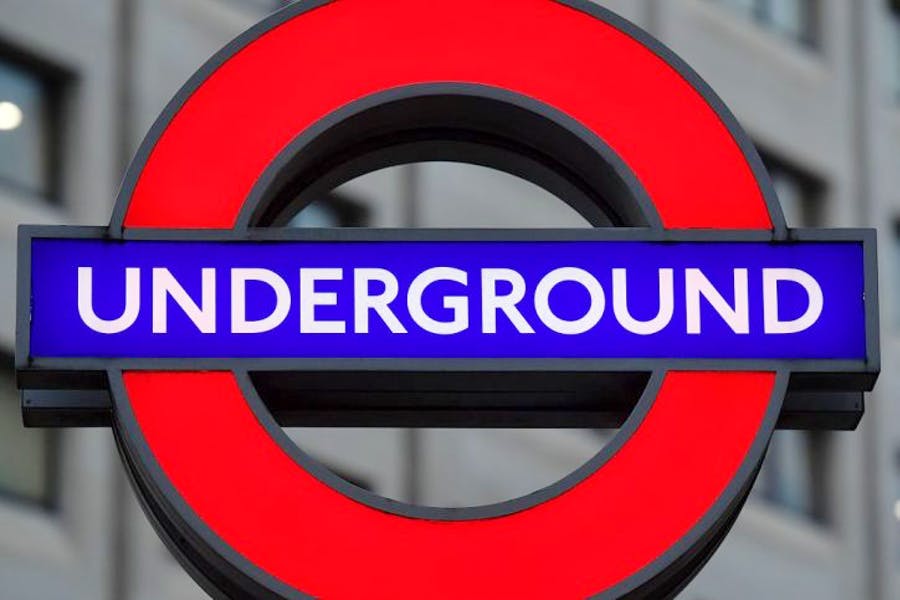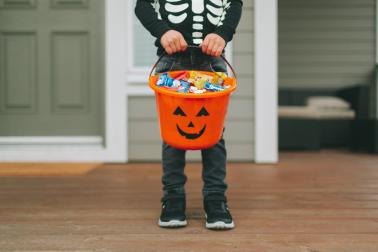The epicentre of coronavirus – now more correctly called COVID-19 – remains in mainland China, and concerns about a global pandemic occurring have fortunately not been realised although in this fast-changing story this still remains a possibility in the coming weeks. The first death in Europe was recently reported in France, with nine documented cases in the UK. The advice from Public Health England if you have been in Wuhan or the Hubei Province in the last 14 days is that you should stay indoors and avoid contact with other people, like you would for flu, even if you do not have any symptoms. If you develop symptoms, call NHS 111 and inform them of your recent travel to the city.
If you have returned from mainland China, Thailand, Japan, Republic of Korea, Hong Kong, Taiwan, Singapore, Malaysia or Macau in the last 14 days and are experiencing a cough or fever or shortness of breath, you should stay indoors and call NHS 111, even if your symptoms are mild. The Foreign Office is also advising UK nationals to leave China where possible.
This leaves the question of what we should be doing to further minimise the (already very small) risk of catching this particular virus when travelling at home, especially on the Tube which is an almost perfect network for a viral infection to spread through. There are several fairly simple ways of doing this, most of which are centred around good hygiene:
Regular hand washing is vital both before and after travelling. Use hot water and soap for at least 30 seconds and carry a small tube of hand sanitiser that contains at least 60 per cent alcohol with you to use after travelling on buses or the Tube if you have been touching hard surfaces such as hand rails. It appears that COVID-19 can remain live for up to two hours after contact so think about using cashless payment and avoid holding the escalator rail if safe to do so when on the Underground system.
If you want to wear a face mask – and people wearing these are now starting to appear on the streets here – then do so but these are more likely to give you a sense of psychological protection rather than any actual physical help. Outside of a clinical setting there is little evidence that the usual looser-fitting masks that most people buy have widespread benefit in reducing infection rates, and they also need to be changed very frequently, disposed of safely and used in addition to strict hygiene practices.
The virus is spread by both droplet transmission and touch. A single sneeze can eject infected viral droplets 20 feet at a rate of 100 miles per hour and so an uncovered sneeze in a Tube carriage or bus has the potential to cause widespread infection. Never sneeze without covering your nose (ideally with a tissue) and whenever possible try to sneeze into the crook of your elbow rather than onto your hand. After blowing your nose or sneezing, hygienically dispose of any used tissues as soon as possible.
Touching your face, mouth or eyes with unwashed or infected hands is the main route that the virus gains a foothold in our bodies so try to avoid doing this whenever possible, although many of us do this almost without thinking.
Wherever practically possible, keep handshakes and air-kisses to a minimum when in meetings or on public transport although large doses of common sense also need to be applied here.
Despite all the daily COVID-19 updates and the associated anxiety this can cause to some people, a sense of perspective is important here as we remain at a hugely greater risk of catching flu on our travels, which kills thousands of people every year in the UK. However, the hygiene principles used to help protect against the coronavirus do remain essential in helping to reduce our usual flu outbreaks so we should all be practising them anyway – whether on a crowded Tube train or not.
How to reduce your risk of infection: a seven-step guide:
- Don’t touch your face, eyes, nose or mouth.
- Avoid using the handrail and use hand sanitiser
- Hover your card over the reader, don’t touch
- Wash hands regularly in hot, soapy water before and after travelling
- Sneeze into the crook of your elbow
- Masks don’t necessarily help
- Avoid shaking hands or greeting with a kiss






Comments